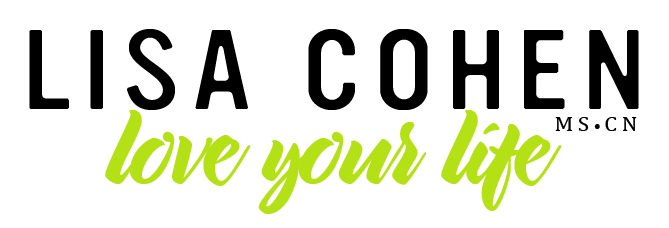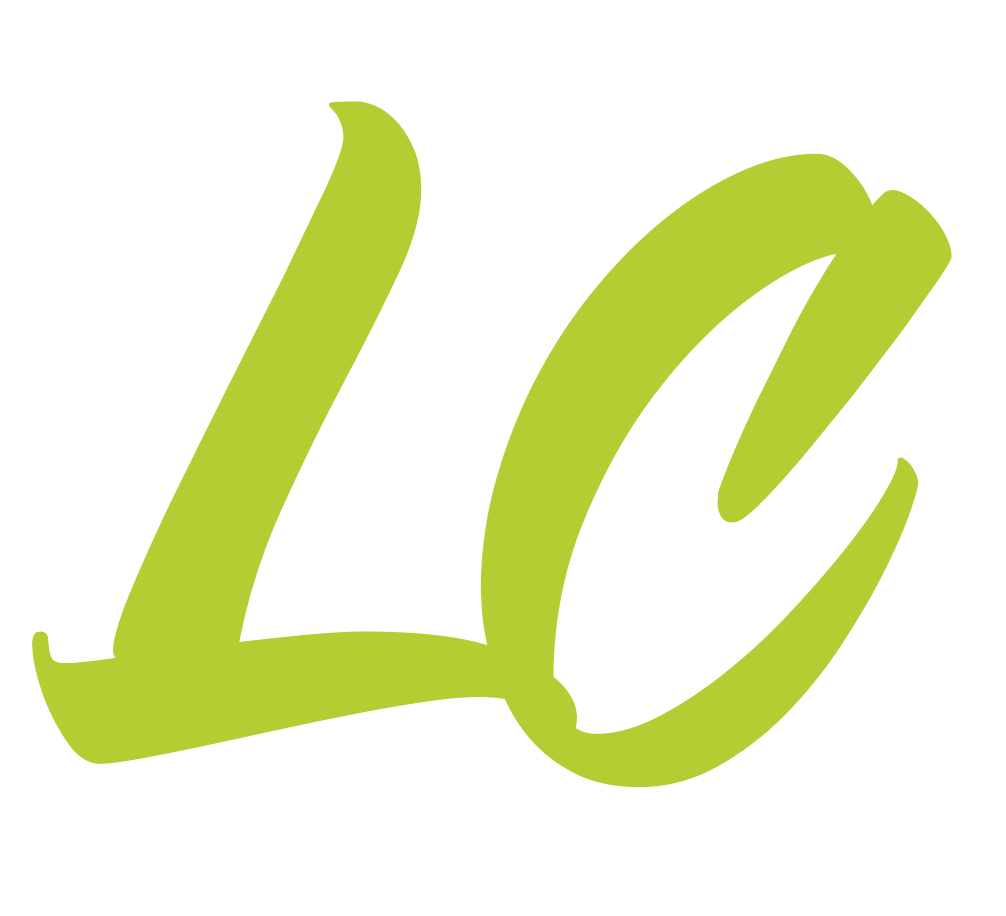The Importance of Downtime
/It took a broken arm to force me to finally take a break and slow down.
I have never been the type to stop and smell the roses. I rarely take any time off. I like a fast pace. I like to push myself. I have all these “important” things to do!
feeling great only One year after my accident
Then in April of 2015, I crashed on my mountain bike and broke the proximal humerus bone in my shoulder joint. It was a serious injury that took me a year to completely recover from.
During this period of forced downtime, I spent a lot of time doing NOTHING and almost immediately, the creative floodgates opened. I started getting a lot of inspired ideas about life, and specifically my goals for my business. A LOT. I found that rest was not only what my body demanded, but it was also exactly what my mind needed for inspiration and clarity. Over the course of the next year I launched a new website and an entirely new online health coaching business.
Believe me, I had no idea a whole new body of work was living inside me, just waiting for me to slow down and tune in.
But the ideas weren’t coming out of nowhere. Our subconscious and even our conscious minds need rest and quiet in order to bring forth inspiration. Most days our brains are occupied with phone calls, answering emails, meetings, logistics and other tasks. This state of mind does not encourage creative thinking.
In fact, research on the habits of exceptional artists, athletes and business people reveals how mental breaks increase productivity, improve focus and encourage creativity.
I wonder how many of you are craving some downtime, a chance to step off the treadmill, but just can’t seem to swing it?
Here's the thing - you don’t have to wait for an injury or illness to slow down your frantic pace like I did! Even a 5 minute stretch break at your desk, or a few hours working in the garden can be beneficial. The whole idea is to eliminate distractions, do only what’s essential, connect with your inner wisdom, and to listen.
These days I am dedicated to scheduling downtime into my daily and weekly routine. Here are a few ideas that might help:
Keep a journal with you during your downtime to record your ideas
- Take some time to meditate, even if it’s just for five minutes.
- Take a hot bath, steam, or get a massage.
- Use a deep breathing technique to calm your nervous system and clear your thoughts.
- Sing, paint, dance, or otherwise express yourself creatively. It’s hard to stress and over-think when you’re engaged in something fun and expressive.
- Go outside and immerse yourself in nature. Feel the earth underneath your feet and focus on being present and on enjoying your environment and the scenery.
- Simply sit. Choose to do nothing—don’t read, watch TV, surf the web, or in any way consume information. Just be.
- Write down the things you’re grateful for. Identifying the things that have brought us joy is a powerful way to create more.
- Make a conscious decision to spend the first portion of your morning tech-free. Don’t power up your computer, phone or turn on the TV.
- Try a technology fast on a weekend day. I’ll admit this is challenging for me even on the weekend—but it’s worth trying: a day without any gadgets.
- Give your technology a bedtime. Looking at the blue light of a screen can negatively impact sleep. Decide in advance at what point you’ll put all your screens away, and then choose other relaxing activities before you head to sleep.
Of course, I have to mention that the most effective downtime is a true vacation. A longer period, (3-5 days), of being away from distractions is the best way to revitalize. By being away from your normal routine, you see your life from a different perspective. For me, the autumn is the best time to slow down and tune in. I always set new goals and discover new ambitions in autumn.
Don't wait for forced downtime through an injury or illness, start carving out some downtime for yourself today!
In health,
Lisa



